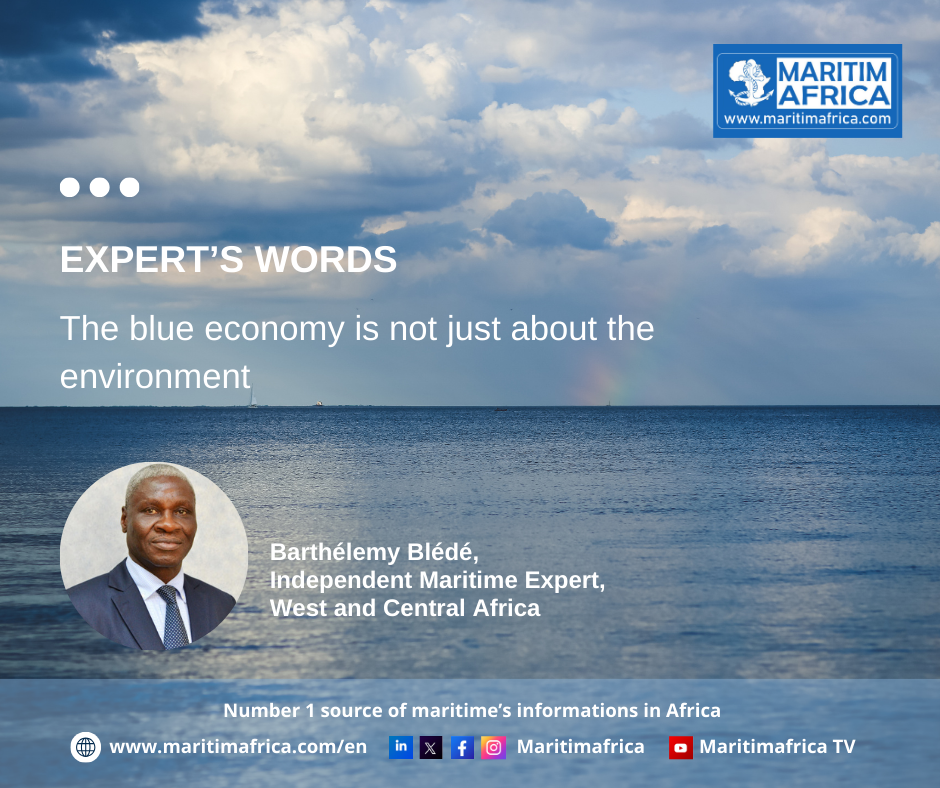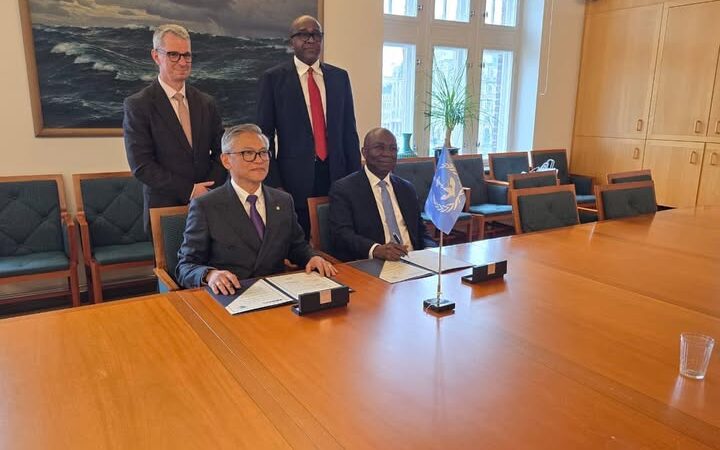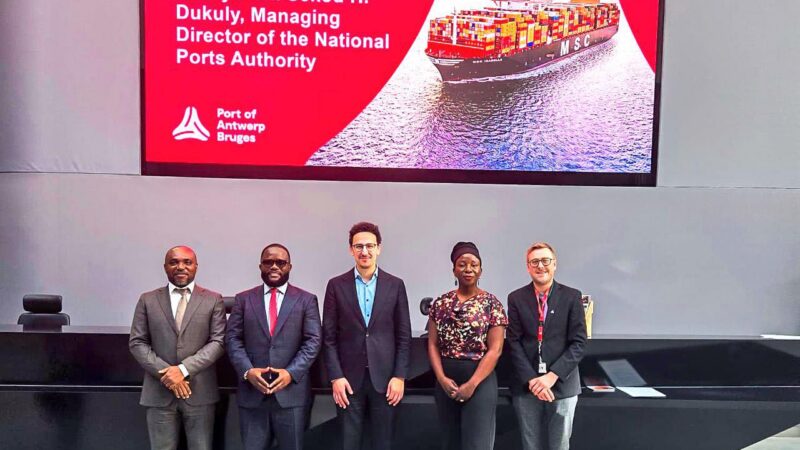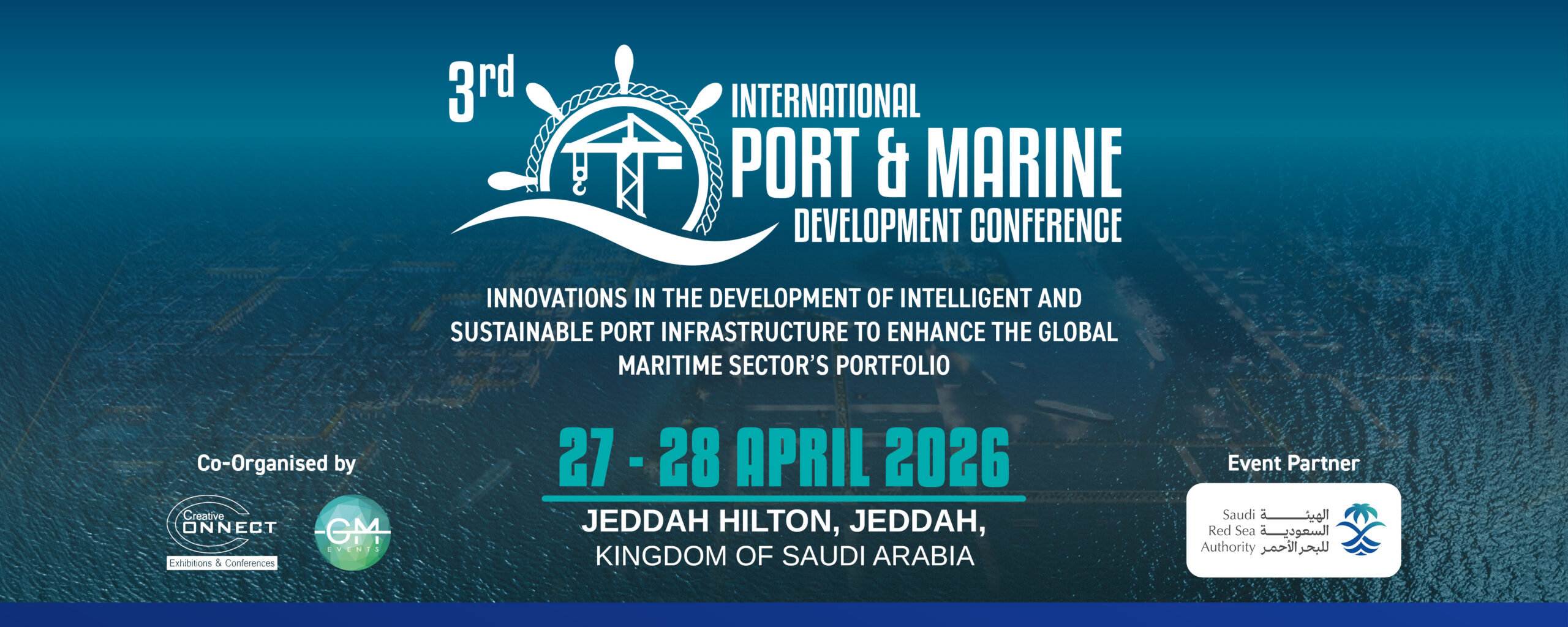The blue economy is not just about the environment
The preservation of the marine ecosystem ensures the sustainability of economic sectors in Africa but is not the blue economy. The development of blue economy strategies in Africa should therefore involve specialists in the maritime sector, although environmentalists also have a role to play.
The blue economy is first and foremost a concept that aims to promote economic growth and full employment while integrating environmental and social dimensions by giving priority to local resources. To ignore this reality would be to misunderstand neither the concept invented by Dr Günter Pauli, nor the African Union’s strategic framework on the blue economy, which aims to make it an essential tool for stimulating the continent’s development through the potential of its maritime domain.
The development of national strategies for the development of the blue economy in Africa should consider as essential sectors maritime transport, from which our countries have disappeared since the dismantling of the cargo distribution system, fishing and aquaculture which, in addition to their economic contribution, pose a food security problem, the exploitation of oil and gas, tourism and leisure. Of course, we must not ignore emerging sectors such as renewable energies, marine biotechnologies, the capture of ‘blue carbon’, the exploitation of precious metals from the seabed, or the issue of exploiting the ‘zone’ known as the common heritage of mankind.
It follows that a balanced strategy for the development of blue economies requires a combination of human resources with knowledge of the African maritime microcosm, maritime transport economics, maritime safety and security, social issues, and environmental issues.
by Barthélemy Blédé, Independent Maritime Expert, West and Central Africa






